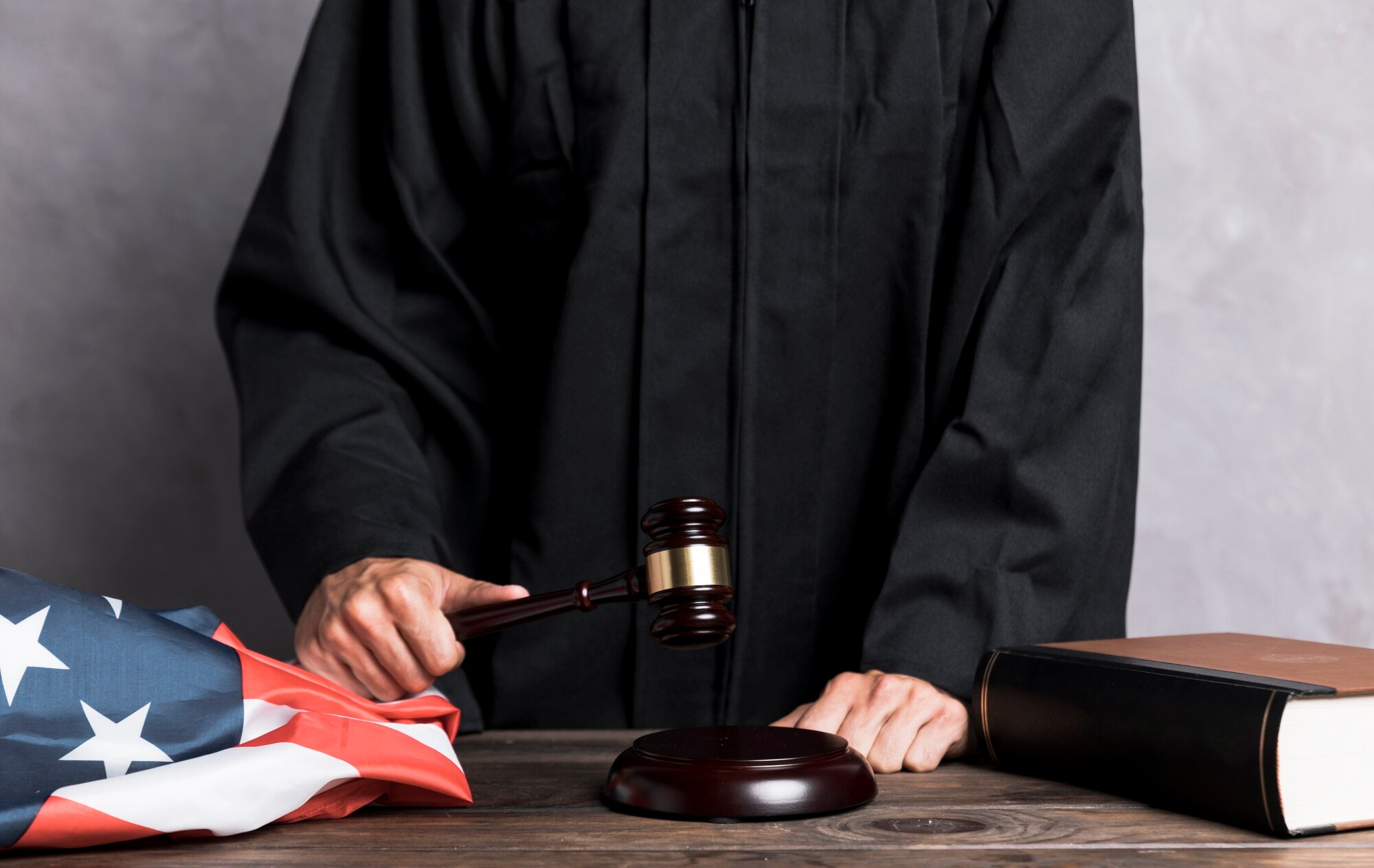
That’s exactly what happened, until a recent ruling by US District Judge Indira Talwani that temporarily blocks the Trump administration from terminating the humanitarian parole program. This program is literally a lifeline for over 500,000 Cubans, Haitians, Nicaraguans, and Venezuelans. The administration’s hardline strategy on immigration has been widely criticized. Most agree that it undermines the basic protections provided to people who are fleeing to the United States for safety.
The Haitian Bridge Alliance, an influential immigration advocate and plaintiff in the lawsuit, has played a pivotal role in challenging the administration’s actions. The humanitarian parole program allows beneficiaries to reside in the US for two years with work authorization, providing a lifeline for those fleeing violence and persecution.
Personal Accounts of Those Affected by Termination
Cesar Baez, a Venezuelan activist, fled his country with his life in danger. He came to the US with the sponsorship of his doctor. He sought a working visa as a back-up plan to gain legal status but filed for asylum. Despite his need for safety and protection, his asylum process has been frozen largely by the administration’s actions to restrict such humanitarian protections.
Baez spoke candidly about his profound fears of returning to Venezuela. He announced on Facebook, “I am sure now that if I step in the country, they will throw me in jail right away.” His experience is emblematic of the crisis that millions of Americans are facing right now. These individuals are counting on our humanitarian parole program for wellbeing and security.
Watch Zamora explain her experience as a Cuban woman. She made it to the US through that same program last December, 2022. Over the past year, she has worked diligently as a producer at a media outlet in Washington. With her parole and work permit expiring this September, Zamora is understandably worried about what will happen next.
“We are people who, in order to come here, have gone through several background checks, and the government takes away our status as if we had been criminals and entered illegally.” – Zamora
Judge Talwani’s ruling gives enough time for this important precedent-setting case to work its way through the judicial system. She added that the administration has a legal obligation to supply a reasoned justification for terminating the parole period of these individuals before it reaches expiring.
“The nub of the problem here is that the secretary, in cutting short the parole period afforded to these individuals, has to have a reasoned decision,” – US District Judge Indira Talwani
The Administration’s Defense and Critics’ Concerns
The government’s attorney, Brian Ward, contended during court proceedings that terminating the humanitarian parole program does not preclude individuals from consideration for other immigration programs. This statement begs the question of whether alternative pathways even exist for the millions who will be impacted by the upcoming rule changes.
Guerline Jozef, executive director of the Haitian Bridge Alliance, condemned the White House’s story about illegal immigration. She underscored that most people who enter through legal avenues are experiencing dramatic hardships.
“We hear the narrative of people coming here illegally and the administration wanting to erase illegal immigration,” – Guerline Jozef
Too many beneficiaries of this flawed humanitarian parole program are left in limbo shrouded with doubt about their future legal status. Judge Talwani’s stay provides them with needed short-term reprieve. Yet, even more than all of that, it highlights a much bigger problem with immigration policy and ministration with the treatment of those who seek refuge.
The humanitarian parole program has historically been an important pathway for those escaping life-threatening situations. As pointed out by this recent court decision, its future has become uncertain in the continued political fight over immigration reform.
Author’s Opinion
The temporary halt to the termination of the humanitarian parole program is a vital decision, ensuring that thousands of vulnerable individuals continue to receive the protection and opportunities they desperately need. The ongoing political battle surrounding immigration and the future of the parole program shows the critical need for comprehensive immigration reform. However, this ruling should be a wake-up call for lawmakers to act decisively to create lasting solutions that protect vulnerable populations and offer fair pathways for asylum seekers.
Featured image credit: Freepik
Follow us for more breaking news on DMR
